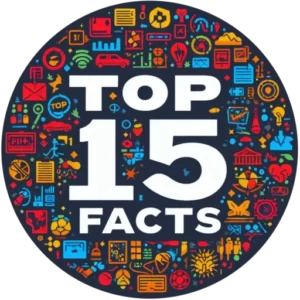Introduction
Throughout history, the ingenuity of humankind has spurred countless inventions that have fundamentally transformed the way we live, work, and interact. From ancient tools to groundbreaking modern technologies, these inventions have propelled societies forward, improved quality of life, and broadened our understanding of the world. In this article, we will explore the top 15 inventions that had the most profound impact, analyze their legacy, and answer frequently asked questions.
1. The Wheel

The simple wheel and axle revolutionized transportation and laid the foundation for countless other mechanical innovations. The first evidence of the wheel dates back to ancient Mesopotamia around 3500 BC. Its invention allowed for easier transport of goods, construction materials, and people, spurring trade, urban development, and the exchange of ideas. The wheel was the precursor to modern transportation and industry.
2. The Printing Press
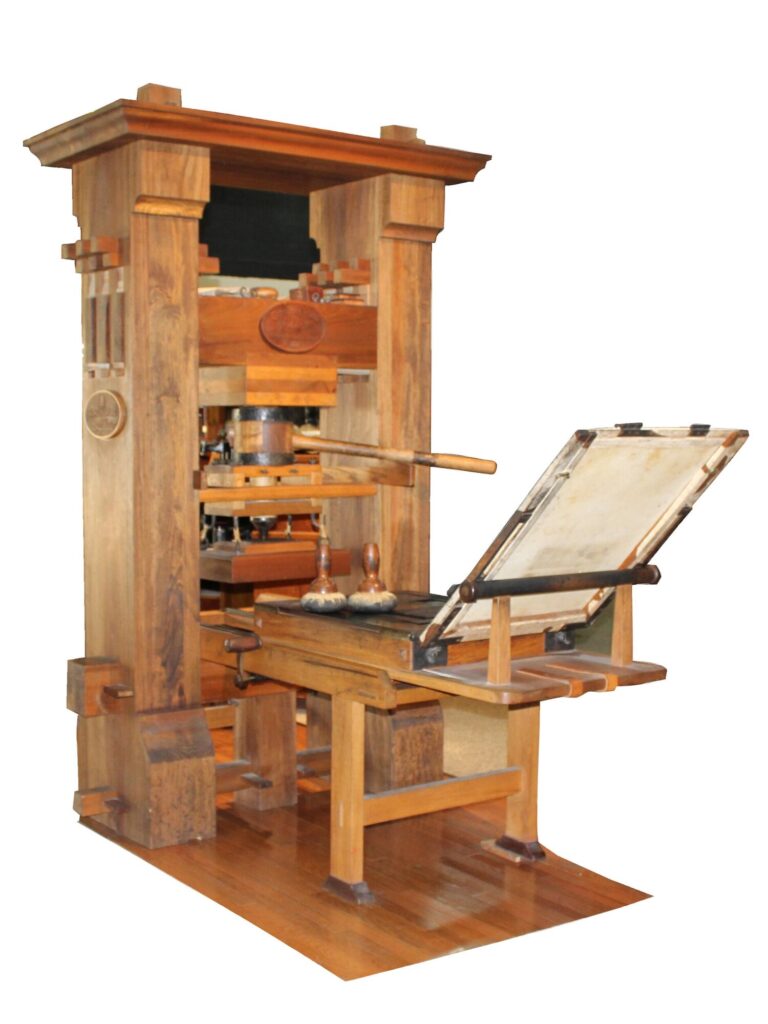
The printing press democratized knowledge, fostering literacy, the spread of ideas, and major societal change. Johannes Gutenberg’s invention of the printing press in the 15th century dramatically reduced the cost and time of book production. This promoted education, scientific revolution, religious reform, and ultimately, the age of Enlightenment.
Discover the extraordinary power of the human body, then explore how it’s inspired the world’s greatest inventions. Facts about Human Body
3. The Internal Combustion Engine
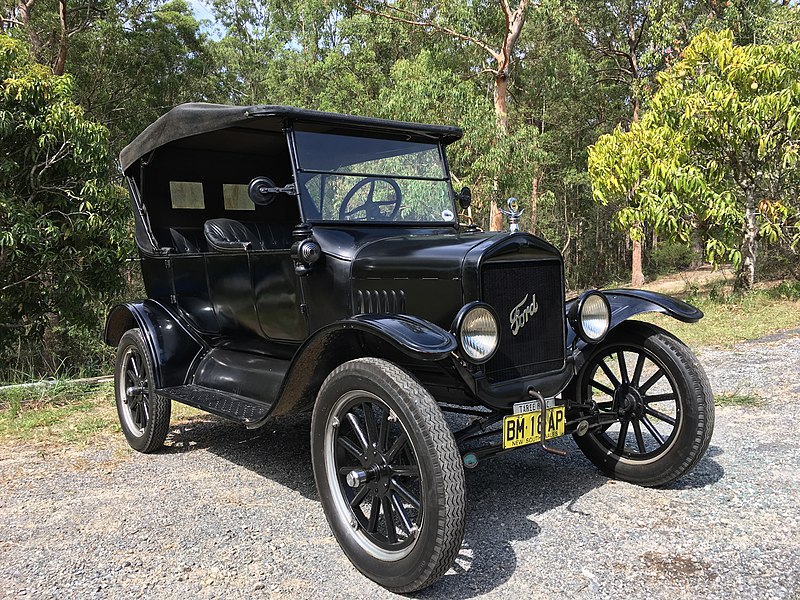
The internal combustion engine powered the transportation revolution, fueling the global economy and drastically altering how we travel. This engine provided a compact, powerful source of energy that made automobiles, ships, and later airplanes possible. It changed the face of cities, warfare, and shaped globalization.
4. The Telephone
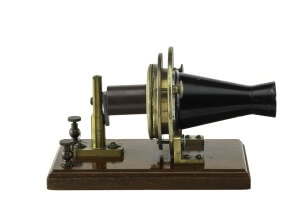
The telephone broke down communication barriers, connecting people across distances and transforming everyday life. Alexander Graham Bell’s invention in 1876 was a pivotal point in communication history. The telephone accelerated business, enhanced social connection, and facilitated emergency calls, saving countless lives.
5. The Light Bulb
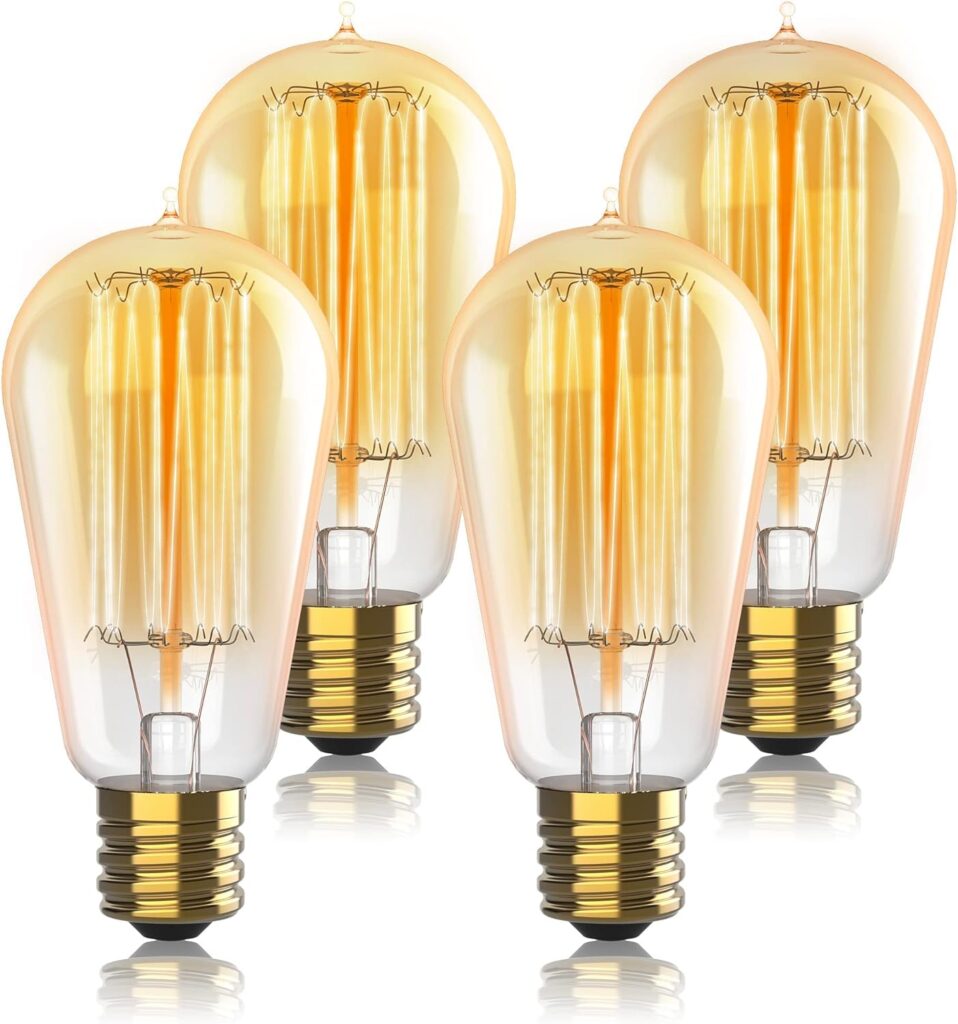
The light bulb extended the workday, altered our homes, and illuminated cities around the world. While several inventors contributed to its development, Thomas Edison is typically credited with creating the first commercially viable incandescent light bulb in 1879. This transformed how we live, extending working hours, increasing production, and improving safety at night.
6. Penicillin

Credit: LEWIS HOUGHTON / SCIENCE PHOTO LIBRARY
Penicillin was the first antibiotic, revolutionizing medicine and saving countless lives from bacterial infections. In 1928, Alexander Fleming’s accidental discovery of penicillin mold ushered in a new era of medicine. Penicillin’s power to combat previously deadly infections transformed healthcare, making previously fatal diseases easily treatable.
The universe holds endless mysteries – uncover 15 astonishing space facts that will transform your perspective. (Read more: Top 15 Mind-Blowing Space Facts )
7. The Internet
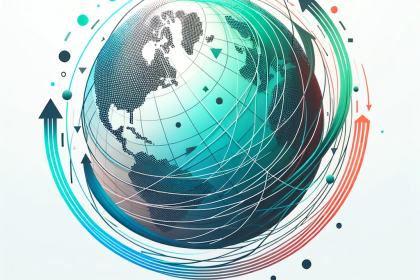
Image Source: facultas
The Internet connected the world, democratized information, and created a global information superhighway. Developed over decades, the Internet became accessible to the public in the 1990s, and forever changed the way we communicate, work, learn, and interact. It spurred new industries, connected individuals, and vastly expanded access to knowledge.
8. The Computer
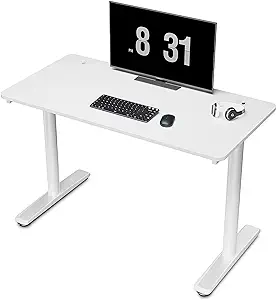
Image Source: Amazon
Computers automated tasks, made complex calculations possible, and transformed entire industries. From early calculating machines to today’s smartphones, the evolution of computers has radically altered business, communication, and science. Computing power accelerated progress in areas like space exploration, artificial intelligence, and medical research.
9. Airplanes
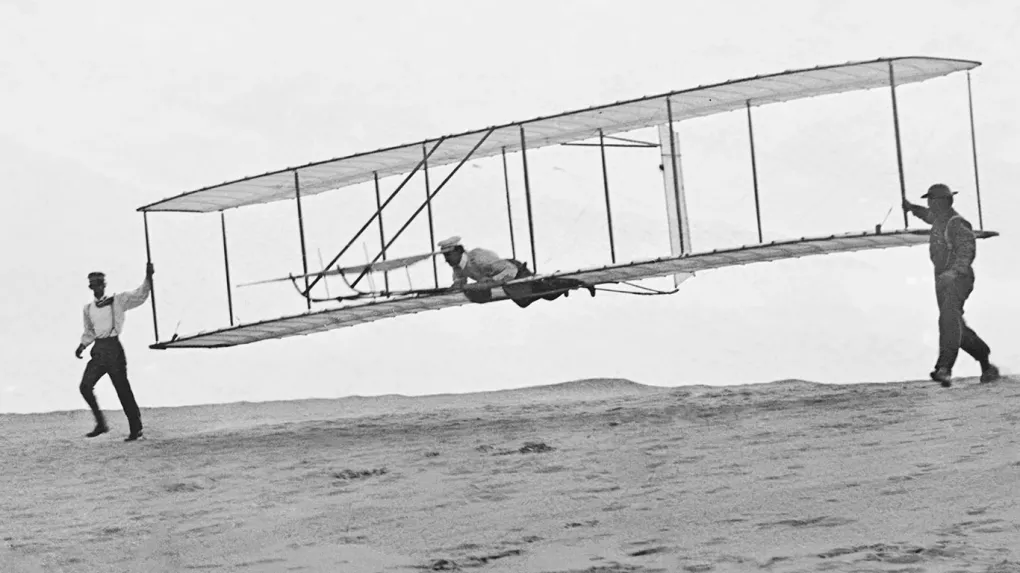
Though the Wright Brothers grew up in Ohio, they found the perfect place for their flying machine experiments in Kitty Hawk, North Carolina. The brothers pored over weather records before determining that North Carolina would suit their needs. The first flight lasted just 12 seconds and covered 120 feet. By the end of the day, the world”s first airplane stayed in the air for nearly one minute.
Airplanes conquered the skies, shrinking the world, promoting global travel, and changing warfare. The Wright brothers’ pioneering flight in 1903 marked the beginning of the aviation era. Airplanes transformed transportation, making long-distance travel faster and more convenient, connecting economies and cultures worldwide.
10. Refrigeration

Refrigeration improved food preservation, revolutionized the food industry, and enhanced global food supply chains. Mechanical refrigeration made storing and transporting perishable foods possible over long distances and throughout the year. This expanded diets, boosted the global food trade, and reduced food waste.
11. Semiconductors

Semiconductors underpin modern electronics, powering computers, smartphones, and countless other devices. These tiny circuits made from materials like silicon are fundamental to electronic devices. The continued miniaturization of semiconductors allows for ever-more powerful computing devices.
12. Vaccines

Image Source: stanfordchildrens
Vaccines have greatly reduced the impact of infectious diseases, saving millions of lives worldwide. Groundbreaking work by scientists like Edward Jenner and Louis Pasteur led to the development of vaccines, which train the immune system to fight specific diseases. Vaccination campaigns eradicated diseases like smallpox and dramatically reduced the prevalence of others, increasing lifespans and boosting population health.
13. Nuclear Power
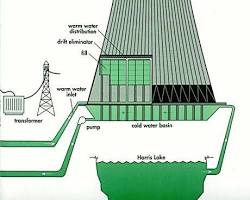
Nuclear power generates vast amounts of electricity but poses safety and waste disposal challenges. Harnessing the energy within atomic nuclei revolutionized energy production and weapons capabilities. Nuclear power plants create immense electricity, reducing reliance on fossil fuels; however, the possibility of accidents and challenges of nuclear waste disposal raise environmental concerns.
14. The Rocket
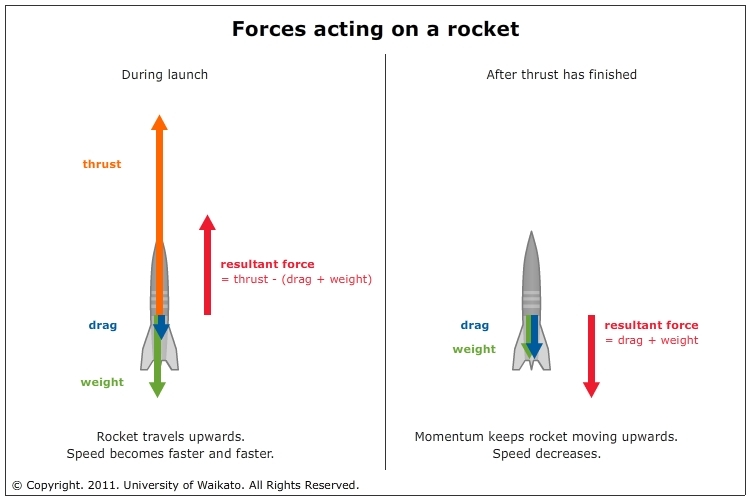
Rockets made space exploration possible, giving us unprecedented knowledge of our solar system and beyond. Although fireworks-like objects have a long history, modern rocket science transformed our view of the universe. This opened paths to launch satellites for communication and surveillance, send human astronauts to the moon, and propel probes to investigate other planets and distant celestial bodies.
15. The Compass
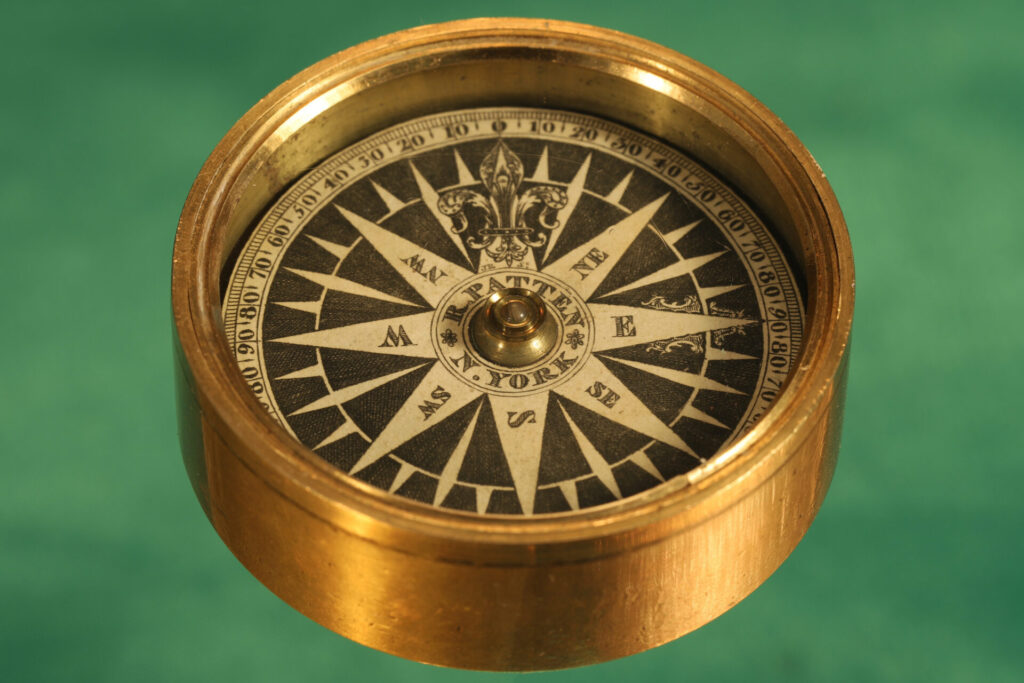
The compass enabled reliable navigation on the open seas, driving global exploration and trade. Early compasses were essentially lodestones (magnetized rock) on cork floating in water. This simple device greatly impacted global exploration and trade, facilitating seafaring journeys and expanding horizons.
Conclusion
The ingenuity behind these top 15 inventions highlights the immense capacity of humankind to innovate and solve problems. From the wheel to the Internet, these inventions have transformed societies, driven economic growth, and made immeasurable contributions to the way we live today. They remind us of the limitless potential of human creativity and its ability to shape a better future.
Most Asked Questions
-
What’s considered the most important invention of all time?
There’s no single answer, as it depends on perspective. The wheel, printing press, internal combustion engine, and the internet are all strong contenders for their transformative impact.
-
Who is the most prolific inventor in history?
Thomas Edison holds the record for the most US patents. Still, many inventors work collaboratively or build upon one another’s work, making it challenging to attribute credit fully.
-
Are there any ancient inventions that we still use today?
Yes! Ancient civilizations developed fundamental tools and technologies like paper, concrete, the plow, and basic surgical instruments, which still underpin forms used today.
-
How does the patent system protect inventions?
Patents give inventors a temporary monopoly on their inventions, encouraging innovation by ensuring creators reap the benefits of their work. It also promotes knowledge sharing of how inventions work.
-
What are some controversial inventions and why?
Nuclear weapons, artificial intelligence, and gene editing technologies raise ethical concerns due to their potential for harm if misused. They highlight the need for responsible innovation and regulation.
-
How has the pace of invention changed over time?
The pace of invention has seemingly accelerated. Increased global collaboration, technology to assist research, and the importance of innovation to the economy drive more rapid development.
-
What are some recent inventions that have changed the world?
Smartphones, CRISPR gene-editing technology, 3D printing, and advancements in renewable energy sources are notable examples of current revolutionary inventions.
-
Can inventions have unintended negative consequences?
Yes. Technological innovations can have unforeseen effects. Cars spurred pollution, social media creates mental health issues for some, and certain job automation can cause job displacement. Careful planning is needed to mitigate risks.
-
Where can I learn more about the history of inventions?
Museums like the Smithsonian, science and technology museums, historical websites, and libraries are a great place to start.
-
How can I support inventor culture and future innovation?
Support STEM education programs, advocate for intellectual property protection, and stay informed about new developments in science and technology.
